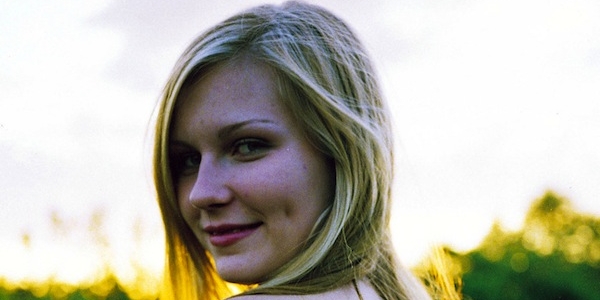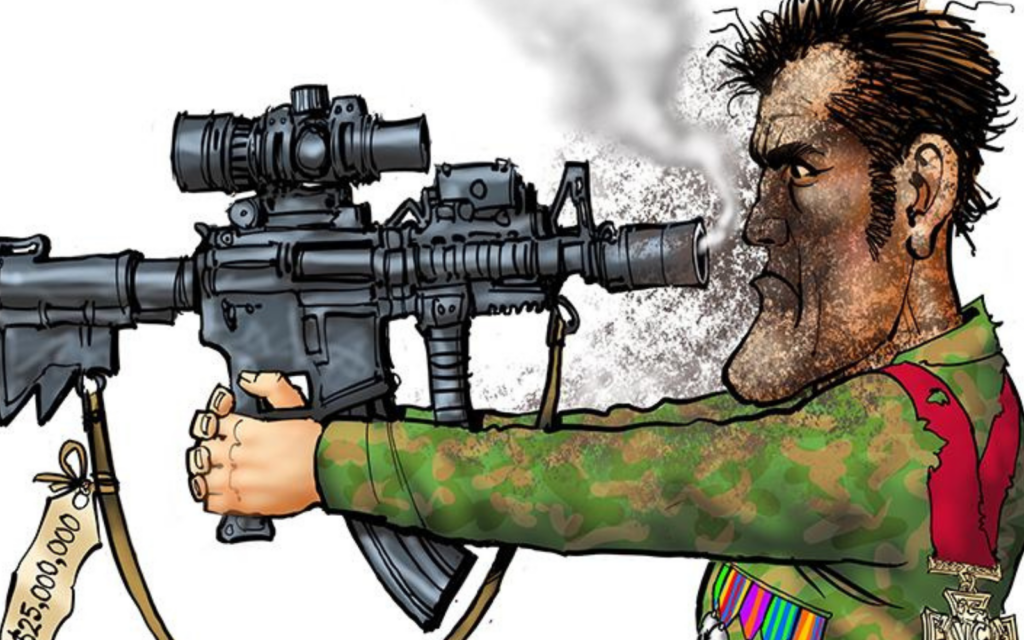Her four films are The Virgin Suicides (1999), Lost In Translation (2003), Marie Antoinette (2006), and Somewhere (2010). Coppola, an American director and screenwriter, is also well-known for being the daughter of filmmaker Francis Ford Coppola (The Godfather, Apocalypse Now). But with an Academy Award, a Golden Globe and Venice Film Festival Golden Lion under her belt, she’s now a respected artist in her own right.
“It’s a mini-retrospective,” explained ACMI Film Programmer Roberta Ciabarra. “Normally our retrospectives would be a bigger body of work, but she’s made four very stylistically coherent films.”
“This was a way to give people a chance to see them all in a short space of time – to see one or all four of them, and make those links stylistically and thematically between those four features.”
Ciabarra identifies Coppola as an auteur filmmaker – that is, one with a consistent visual style and thematic concerns evident across their body of work. Even though many people collaborate to produce the finished film, auteurs are seen as the primary authors of films that reflect their personal vision. Famous auteurs include Alfred Hitchcock, Quentin Tarantino, Martin Scorsese and Stanley Kubrick.
“She’s very selective about the kinds of subjects she’s interested in making films about. And as a director she already has a very clearly established style,” Ciabarra said. “She has a really good eye and a sharp visual sense.”
Coppola studied photography and painting before directing films. The Virgin Suicides looks like an Instagram photo, all glowing light and nostalgia, while Marie Antoinette features candy-coloured costumes against an elaborate palace backdrop.
Her style is evident in her characters as well. “She’s really interested in that in-between time of her characters, like the teenage Lisbon sisters in The Virgin Suicides and Scarlett Johansson’s character Charlotte [in Lost In Translation] in her twenties, newly married and feeling really stuck in her life.
“I think she’s very much interested in the interior lives and the journeys of these characters,” Ciabarra says. “She creates lots of space for subtlety and nuance. It’s very personal.”
Ciabarra also sees Coppola as a feminist filmmaker. “She’s a woman director working in a still very male-oriented industry. She has been able to make pretty much exactly the films she wants to make. She’s exploring subjects that are of interest to her. She’s not a gun for hire.”
“She has male characters that are interesting like Bill Murray in Lost In Translation and Stephen Dorff who plays the movie star in Somewhere.”
Some viewers might get as far as the pole-dancing scenes in Somewhere and be tempted to disagree, but there’s more going on here. The relationship between male and female characters is particularly interesting in The Virgin Suicides. The film tells the story of five teenage sisters growing up in middle-class 1970s America, but not from their perspective. The narrator is a teenage boy, their neighbour and classmate, and the girls are framed through his and his friends’ interactions with them.
“The girls are this amazing enigma,” Ciabarra explains. “We’re never meant to really understand everything that motivates them. We can’t. The story doesn’t articulate it. But what we’re left with is a sense of the fascination they exerted on these young boys.
“Sofia Coppola is very much engaged with her characters,” she adds, “but she also seems to be able to maintain a kind of objectivity about them.”
“We’re given these little windows into their interior states. Often times there’s not a lot of dialogue to go with that… At the end of Lost In Translation, where Bill Murray and Scarlett Johansson have their final goodbye, he whispers something in her ear. It’s lovely because we don’t hear what it is and we’re not supposed to hear what it is but it’s enough for us to understand.”
Lost In Translation, created from Coppola’s original screenplay, was nominated for four Academy Awards and won one. It tells an unusual story of the friendship between two lonely Americans in Tokyo, a young university graduate and an older actor. Ciabarra attributes its critical success to the film’s personal focus and the strong chemistry between the two leads.
But the reaction to Marie Antoinette, which follows the life of the ill-fated queen, was mixed. “Marie Antoinette was premiered at the Cannes Film Festival,” Ciabarra explains. “It was always going to be a tough ask to have the French media embrace this upstart young American woman who had made a film based on the life of Marie Antoinette, who they see as part of their cultural and political history.”
“The soundtrack had The Strokes and New Order and that pop sensibility. It probably didn’t help. Perhaps the French figure that if anyone’s going to make a film about Marie Antoinette it should be reverential and historically accurate and grandiose, whereas Sofia has made this wonderfully personal film.”
BY ELIZABETH REDMAN







